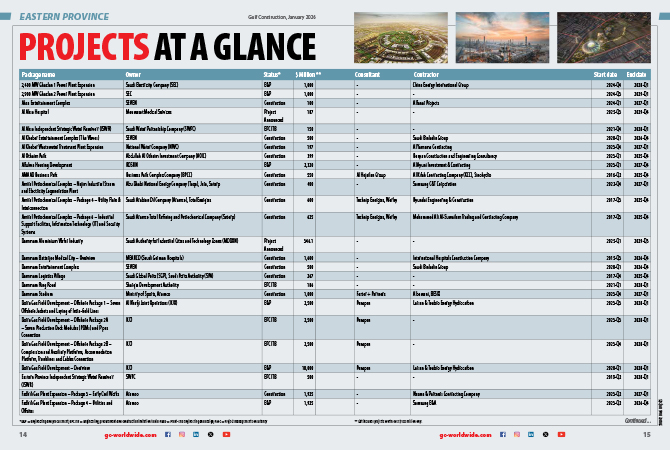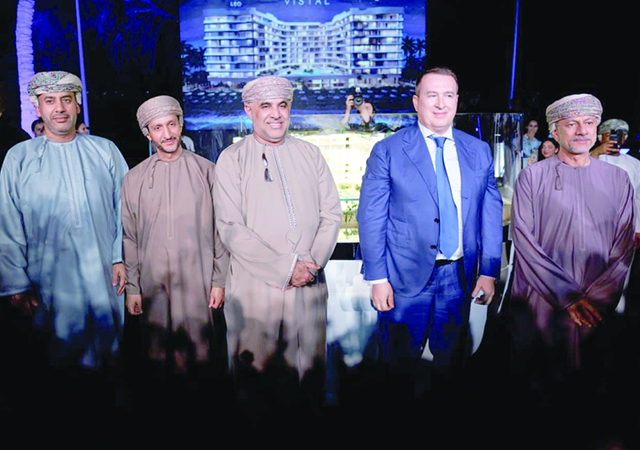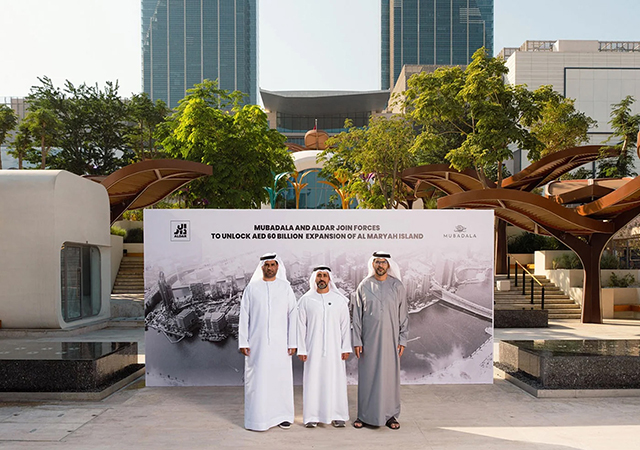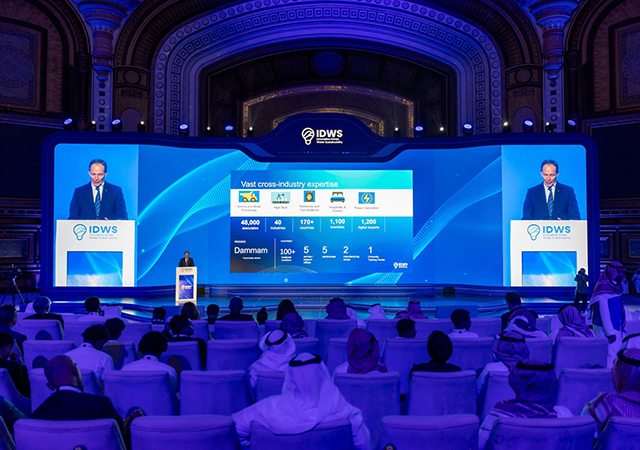

The construction sector is a small world, especially in the Middle East. We all constantly run into the same people, and it follows that conflicts of interest will often arise for construction consultants. The difficult issue here is always about the degree of conflict: what level of proximity is allowable between consultants, parties, projects and issues in play? And in relation to expert witnesses, how do consultant-client duties interact with an expert’s paramount duty to the court or arbitral tribunal? A recent dispute examined these questions.
The developer of a petrochemical plant appointed an EPCM (engineering, procurement and construction management) contractor, whose duties included issue of IFC drawings to construction contractors. The developer also let two construction contracts (Packages A and B) to a contractor. The developer and contractor fell into dispute and the contractor launched an arbitration (Arbitration No 1) based in part on alleging delay and disruption arising from late issue of IFC drawings.
The developer appointed Singapore’s Secretariat Consulting Pte Ltd (SCL) to provide arbitration support and expert services. SCL carried out a conflict check (which covered all companies in the Secretariat group) confirming no conflicts. The terms of the engagement were evidenced in two letters to SCL, one of which stated that SCL had “confirmed you have no conflict of interest in acting for [the developer] in this engagement. You will maintain this position for the duration of your engagement”.
Later, the EPCM contractor launched a separate arbitration (Arbitration No 2) against the developer claiming unpaid fees, including fees they said were wrongly deducted for the alleged delay in issuing the IFC drawings. The developer counterclaimed for the cost consequences of that delay and for poor management of the Package A and B contractors.
You can see where this is going.
The EPCM contractor sought the assistance of Secretariat International UK Ltd (SIUL, an affiliate of SCL) for arbitration support and expert services for quantum issues in Arbitration No 2. SIUL also ran a conflict check which flagged the existing appointment of SCL who reported that approach to the developer, stating that SCL did not consider this to be a “strict” legal conflict, and referred to information barriers to protect confidential information. Although the developer’s lawyers stated that they disagreed with that view, both SCL and SIUL continued to work in both arbitrations.
Later, the developer notified SCL that they wished to expand SCL’s engagement to cover Arbitration No 2 also but, having then received confirmation that SIUL were still appointed by the EPCM contractors, the developers applied to the English High Court for an injunction against SIUL from continuing, on the basis of breach of confidentiality (later withdrawn), breach of a fiduciary duty of loyalty and breach of a contractual obligation to avoid conflicts of interest.
SCL and SIUL argued that any fiduciary duty may be superseded by an expert’s overriding duty to a court or tribunal; and that this overriding duty can legitimately lead an expert to give evidence which is against its client’s interests. They also argued that any such duties owed by SCL did not cover SIUL, a different company.
The court decided in the developer’s favour, granting the injunction and finding that there was a fiduciary duty of loyalty owed to the developer and that there was a conflict of interest arising from acting both for and against the developer in highly related issues on different arbitrations.
Whilst acknowledging the existence of an expert’s overriding duty to the tribunal, the judge stated that this is not inconsistent with maintaining a duty of loyalty to a client who has engaged the expert to provide arbitration support services.
In relation to the “separate companies” argument, the judge said that both companies are part of a group that operates as one business in marketing, in sharing of revenue and, as we have seen, in conflict checking.
The issues were examined again when SCL and SIUL appealed the decision. The Court of Appeal dismissed that appeal but they took a slightly different tack, basing their decision in contract – the terms of the retainer.
Under those terms, they found that SCL were obliged to avoid conflicts of interest; and this duty was owed also on behalf of SIUL. The court noted the marketing of Secretariat as a global team.
The Court of Appeal, therefore, did not need to decide on the question of whether there was a fiduciary duty of loyalty but said that such a duty might arise, depending on the facts and the terms agreed. They also noted that a consultant might legitimately act for and against the same client. As we know, this depends on proximity.
This might look like an obvious outcome to an obvious “you know it when you see it” type of conflict, but it is the first recognition in English Law of a potential expert fiduciary duty of loyalty. No doubt consultants will have taken note and considered their terms of engagement, their organisation of work delivery and maybe even their global marketing message.
* Stuart Jordan is a partner in the Global Projects group of Baker Botts, a leading international law firm. Jordan’s practice focuses on the oil, gas, power, transport, petrochemical, nuclear and construction industries. He has extensive experience in the Middle East, Russia and the UK.








.jpg)




.jpg)




























.jpg)
































